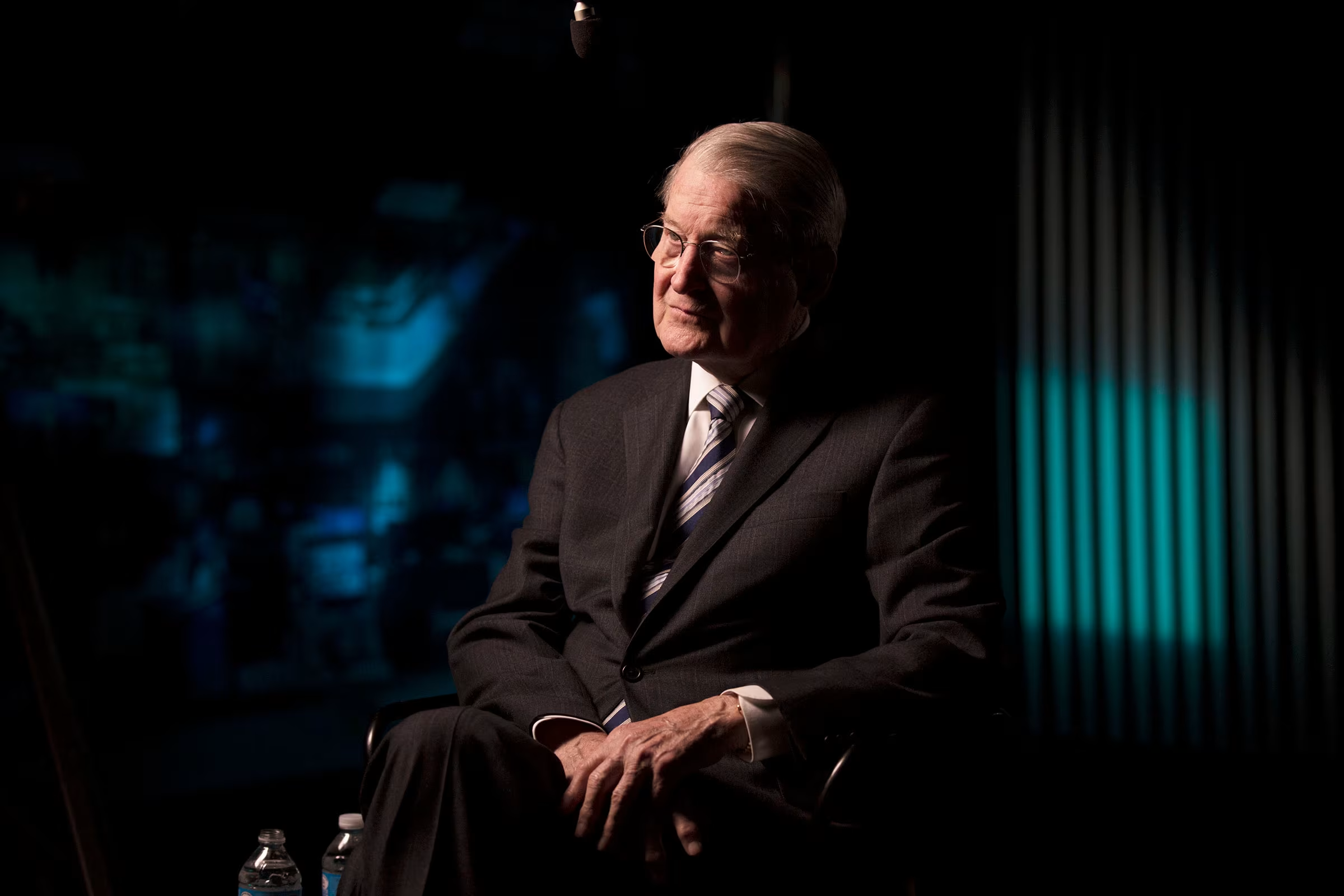
Could Trump's meeting with Putin be the next Reagan-Gorbachev moment?
Entities mentioned:
- Donald Trump: Power, Legacy, Influence
- Vladimir Putin: Control, Power, Self-preservation
- Lindsey Graham: Loyalty, Influence, Duty
- Ronald Reagan: Legacy, Peace, Freedom
- Mikhail Gorbachev: Reform, Peace, Unity
- Fred Fleitz: Loyalty, Professional pride, Influence
- Dan Hoffman: Professional pride, Wariness, Security
- Peter Rough: Professional pride, Influence, Analysis
- Volodymyr Zelenskyy: Self-preservation, Unity, Duty
- Karoline Leavitt: Duty, Loyalty, Professional pride
Article Assessment:
Credibility Score: 75/100
Bias Rating: 55/100 (Center)
Sentiment Score: 55/100
Authoritarianism Risk: 35/100 (Generally Democratic)
Bias Analysis:
The article presents multiple viewpoints, including both supportive and skeptical perspectives on the Trump-Putin meeting. While it leans slightly towards optimism about Trump's approach, it balances this with expert caution, maintaining a relatively centrist stance.
Key metric: Diplomatic Relations
As a social scientist, I analyze that this article highlights a potential shift in US-Russia relations, drawing parallels between the upcoming Trump-Putin meeting and the historic Reagan-Gorbachev talks. The comparison suggests a possible de-escalation of tensions, particularly regarding the Ukraine conflict. However, experts express skepticism about Putin's willingness to end the war, unlike Gorbachev's reformist approach. The article emphasizes Trump's 'peace through strength' strategy, suggesting that economic leverage and diplomatic pressure could influence the outcome. This meeting could significantly impact US diplomatic relations, potentially altering the course of the Ukraine conflict and broader US-Russia dynamics. The emphasis on communication with European allies post-meeting indicates a multilateral approach to potential outcomes.

DNC chair takes steps to restrict corporate and dark money in 2028 primaries
Entities mentioned:
- Ken Martin: Righteousness, Reform, Influence
- Democratic National Committee (DNC): Unity, Control, Reform
- Bernie Sanders: Moral outrage, Justice, Influence
- AIPAC: Influence, Power, Loyalty
- Chuck Schumer: Power, Unity, Duty
- Jaime Harrison: Skepticism, Pragmatism, Duty
Article Assessment:
Credibility Score: 75/100
Bias Rating: 45/100 (Center)
Sentiment Score: 55/100
Authoritarianism Risk: 20/100 (Strongly Democratic)
Bias Analysis:
The article presents multiple viewpoints, including both proponents and critics of the proposed changes, indicating a relatively balanced approach. However, there's a slight lean towards emphasizing the progressive stance, which may reflect a center-left perspective.
Key metric: Campaign Finance Reform Progress
As a social scientist, I analyze that this article highlights a significant shift in the Democratic Party's approach to campaign finance reform. The DNC's consideration of restricting corporate and dark money in primaries indicates a growing influence of progressive ideas within the party. This move could potentially reshape the landscape of primary elections, affecting candidate strategies and donor behaviors. However, the practical implementation of such restrictions faces considerable challenges, including legal constraints and potential competitive disadvantages. The debate within the party reflects broader tensions between idealistic reform goals and pragmatic political considerations. This initiative, if pursued, could have far-reaching implications for political fundraising, campaign strategies, and the overall democratic process in the United States.

William Webster, former head of FBI and CIA, dies
Entities mentioned:
- William Webster: Duty, Professional pride, Integrity
- FBI: Reputation, Security, Justice
- CIA: Security, Control, Influence
- Jimmy Carter: Leadership, Reform, Legacy
- J. Edgar Hoover: Power, Control, Legacy
- Ronald Reagan: Leadership, Security, Legacy
- Christopher Wray: Professional pride, Duty, Integrity
- Donald Trump: Power, Control, Influence
Article Assessment:
Credibility Score: 85/100
Bias Rating: 45/100 (Center)
Sentiment Score: 65/100
Authoritarianism Risk: 20/100 (Strongly Democratic)
Bias Analysis:
The article presents a balanced view of Webster's career, citing both Republican and Democratic administrations. While largely positive, it includes critical context about the agencies he led, maintaining a centrist perspective.
Key metric: Public Trust in Government Institutions
As a social scientist, I analyze that William Webster's career significantly impacted public trust in key U.S. government institutions, particularly the FBI and CIA. His leadership focused on restoring integrity and public confidence in these agencies after periods of controversy. Webster's emphasis on professionalism, adherence to the rule of law, and transparency helped rebuild the reputation of both the FBI and CIA during critical periods of transition. His long-standing commitment to public service and his ability to lead effectively across multiple administrations underscore the importance of non-partisan, principled leadership in maintaining public trust. The article's portrayal of Webster as a figure respected across political lines suggests that his approach to governance and institutional management could serve as a model for rebuilding trust in government institutions in an era of increasing polarization.